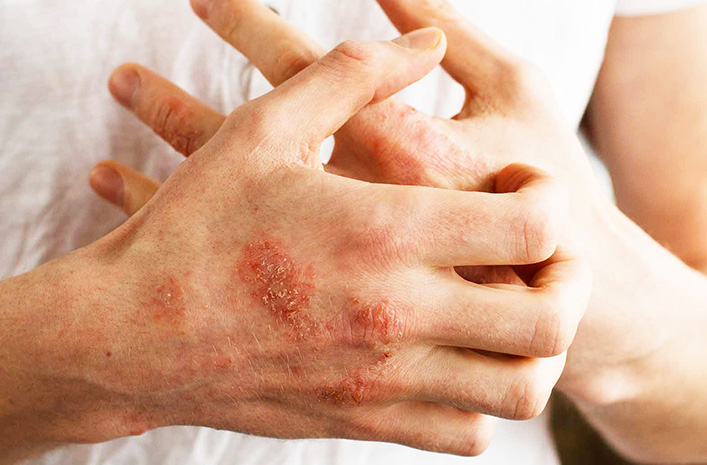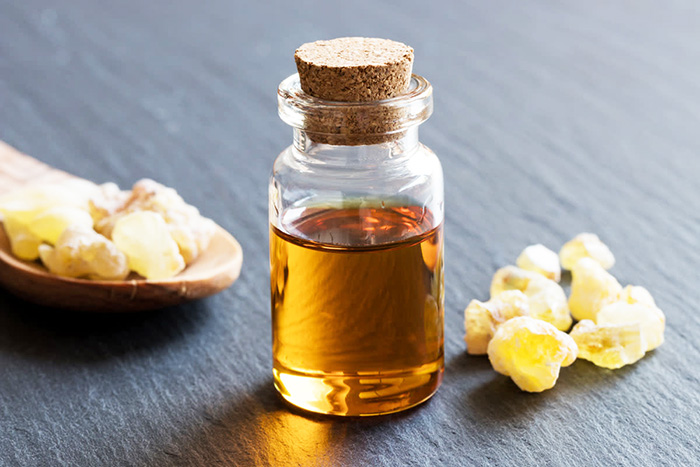People with psoriasis have to deal with this autoimmune skin condition their whole lives. The condition causes skin cells to grow rapidly, resulting in red, scaly patches anywhere on the body. It also leads to itchiness and general discomfort.
While there’s no cure for psoriasis, there are several natural remedies that you can try. Bear in mind though that these only help put the symptoms in remission or tone down the flare-ups. However, make sure you consult your doctor first to ensure that the remedies will not affect any medication you are taking.
Aloe Vera
This succulent, which thrives in Asia and Africa, has long been known for its skin care and medicinal benefits, as well as its anti-fungal and anti-microbial properties. Aloe vera has bradykinase, an enzyme that lowers skin swelling once it has been applied. But as with any topical medication, there have been reports the plant causes redness or a stinging or burning sensation when used. This could be because the user is allergic to the anthraquinones found in the succulent.
How to Use: Break off one aloe vera leaf and squeeze out the gel. Do a skin patch test first to ensure you won’t suffer from an allergic reaction. If there’s no adverse reaction, apply the gel on the affected areas of the skin. Leave it on for a few hours. Do this three times daily for two to three weeks.
Apple Cider Vinegar
Wellness enthusiasts are aware of the health benefits of apple cider vinegar. Aside from lowering blood sugar level and helping with weight loss, this vinegar is also a good alternative remedy to psoriasis. This is because the vinegar made from fermented apples helps restore the skin’s pH balance. It is also full of minerals and vitamins that improves skin health.
How to Use: Mix one cup of apple cider vinegar with three cups of warm water. Soak a clean cloth into the mixture and apply on your skin. Do this several times daily for one to two weeks.
Glycerin
Researchers have discovered that glycerin is effective in managing skin conditions like psoriasis. Glycerin is a natural humectant, which means it attracts and retains moisture in the skin, promoting its proper function and health. This helps psoriasis sufferers as it’s known that dry skin exacerbates the problem.
How to Use: Apply one teaspoon of glycerin generously on the skin. Leave it on for one to two hours. Rinse thoroughly. Use the solution three times daily for one month.
Licorice
Aside from being a favorite candy flavor, licorice is also a popular remedy for bronchitis, sore throat, ulcer, and other kinds of infections. Licorice root is also traditionally used to treat psoriasis. The root’s active compound, glycyrrhizin, has an anti-inflammatory effect similar to that of cortisone. You can take licorice root orally or topically.
How to Use: Boil two teaspoons of dried licorice root in six cups of water. Reduce heat once it boils and simmer for 40 minutes. Soak a cloth in the water once it cools and apply on skin three to four times per day.
Oatmeal
Oatmeal might be someone’s favorite breakfast but for a lot of dermatologists, colloidal oatmeal helps greatly in managing skin disorders like eczema and psoriasis. Oatmeal has avenanthramides, alkaloids that have antihistaminic and anti-inflammatory properties. It prevents the release of cytokines, a compound that causes inflammation. Oatmeal also has saponins, which helps cleanse the skin. Indulging in an oatmeal bath can reduce itching and loosen the scaly skin patches.
How to Use: Add one cup of oatmeal to your bathwater. Soak in the water from 30 minutes to an hour. Do this everyday for several weeks or whenever you have flare-ups.
The right diet, exercise, and good stress management will go a long way in relieving psoriasis symptoms. These natural remedies can also help you live your life to the fullest.








